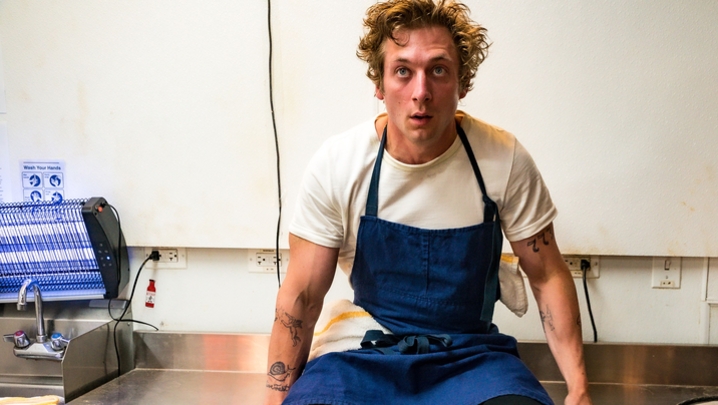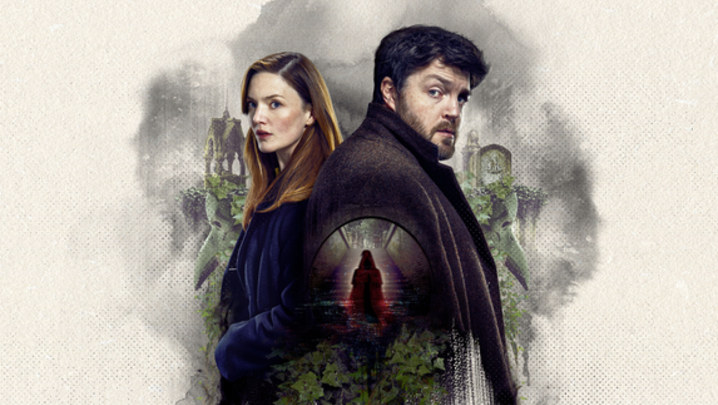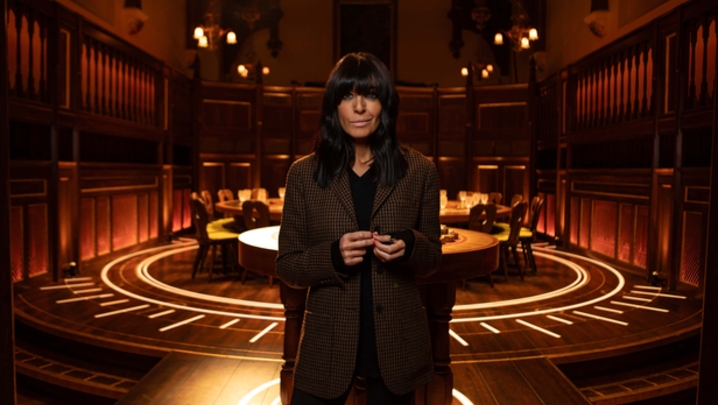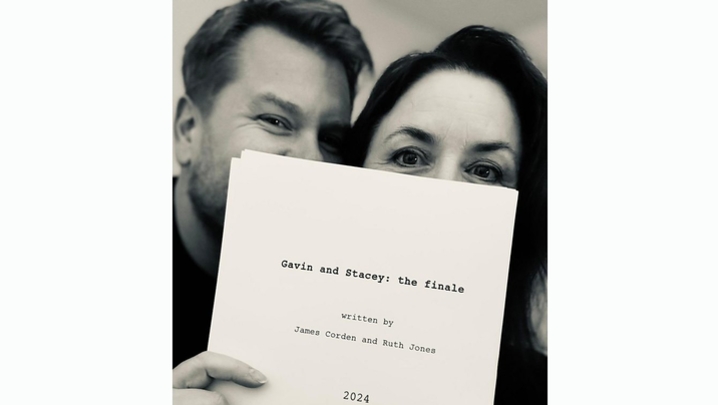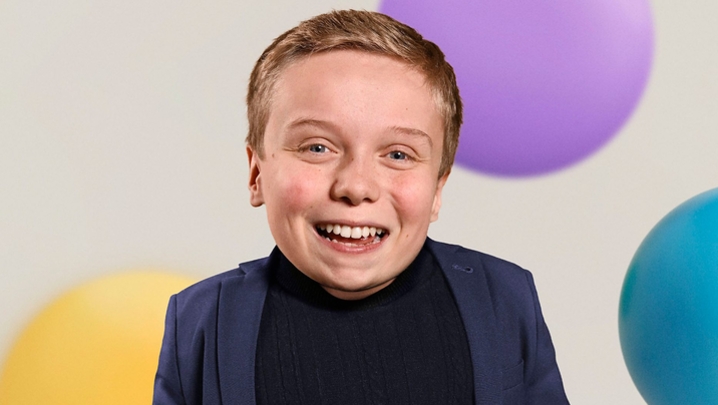Comedian Lee Mack, best known for his studio sitcom Not Going Out and comedy panel show Would I Lie to You?, celebrated an early birthday at the Lowry Theatre, Salford in late June.
As he approaches 50, Mack reflected on his career in discussion with Shane Allen, the BBC’s controller of comedy commissioning, at an RTS North West event.
Allen introduced Mack as “a natural comedy brain” and there is a good reason for this: Mack is currently writing his 10th series of Not Going Out – and he let on that he is in talks with Allen to make a further two.
With the current series taking the sitcom to 79 episodes, the team is only one show behind Dad’s Army, and that’s clearly a big deal for Mack, who joked that success is in “quantity not quality”.
Throughout the evening, Mack kept the gags flowing as he reflected a career in comedy inspired by a Les Dawson gig he saw as a boy in the 1970s. “I discovered you could mess around on stage and get paid for it,” he said.
Despite battling self-doubt and lacking confidence when performing in front of an audience, Mack persisted with stand-up. He revealed that he didn’t know the “rules” and thought you couldn’t make up tales – instead he stuck to telling honest stories of what had happened that day.
A combination of innocence and perseverance took him from his bedroom, to Pontins holiday camps, to his first competition, the UK’s influential stand-up comedy competition, So You Think You’re Funny, which he won in 1995.
Mack forgot to raise his brief stint hosting BBC One sport-based panel show They Think It’s All Over and laughed when Allen brought it up. “I do that a lot – I never mention it,” he said.
Not Going Out was borne out of Mack’s love of Frasier and Seinfeld, and the show became a British studio sitcom that skipped the tea and biscuits and cut straight to the jokes. “I didn’t get bogged down with realism,” he said.
Mack admitted that he wasn’t aware that British sitcoms had been declared “dead” by the media the night before filming the pilot show.
In the future, he hopes to work in a different comedy genre – one between the graft of writing a sitcom and starring in it, and the breeze of a comedy panel show.


